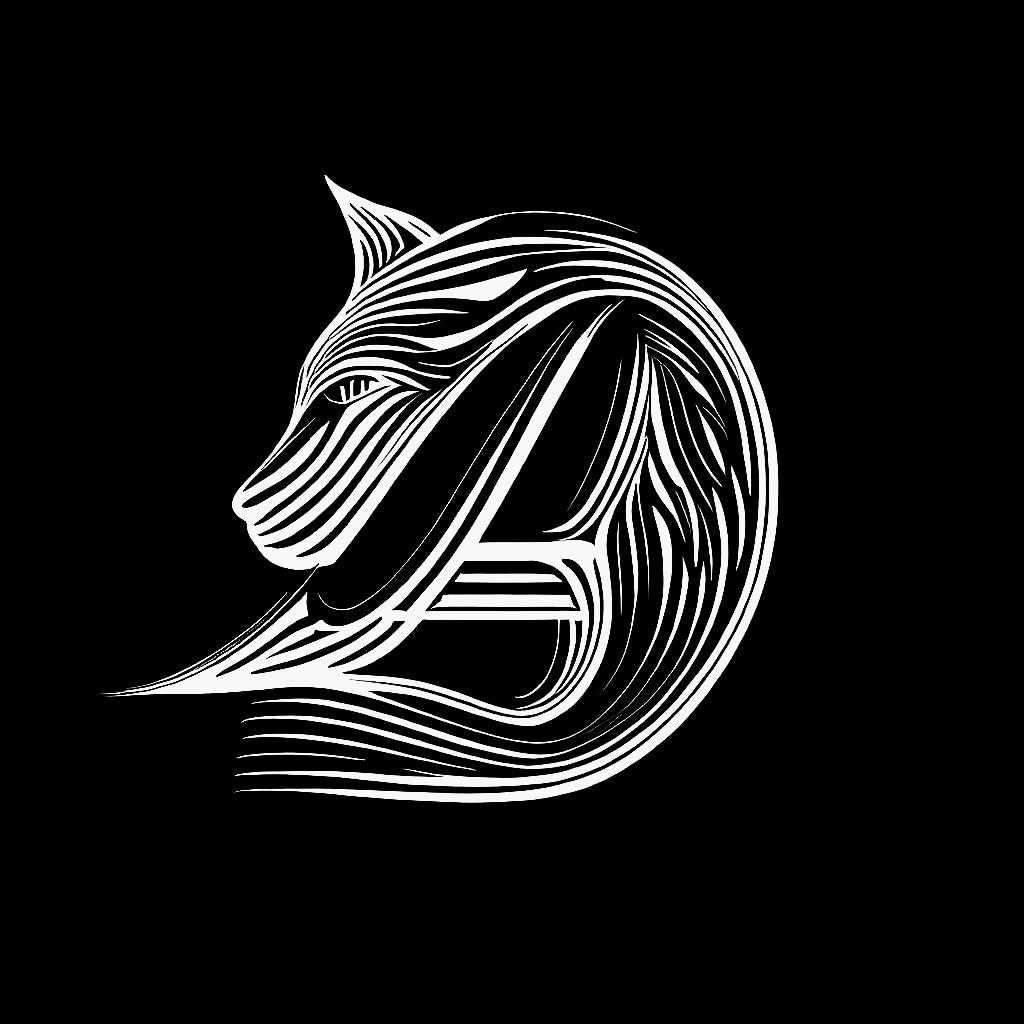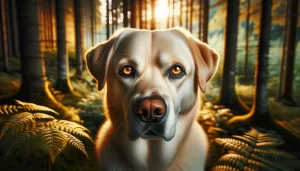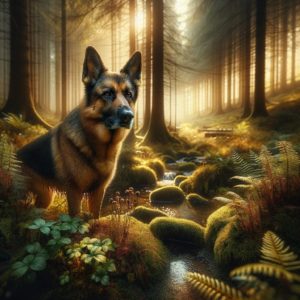Ah, the perpetual dance with time—each tick of the clock is a step closer to wisdom for us and, unfortunately, aging for our beloved pets. You’ve seen it happen: Fido used to leap like a gazelle and now hesitates before hopping onto the couch. Whiskers, who once prowled the night, now seems content with a quiet window perch. Why do some animals seem to age more gracefully than others? The answer may lie in their genes, and scientists are on the prowl to decode this mystery. Let’s delve into the fascinating world where genetics meets aging, all in the realm of our favorite four-legged companions.
Chapter 1: The Centenarian Pooch: The Great Mystery of Canine Longevity
Picture this: a spry Dachshund chasing its tail at the ripe age of 15, while a majestic Great Dane, merely six, lounges on its bed, already bearing the weight of seniority. It’s a perplexing canine conundrum that dog lovers have long pondered. What magic elixir does the Dachshund possess that the Great Dane does not? The answer isn’t bottled in a pet store, but rather coded in the very fabric of their being—their DNA. So, leash up and join us on this intriguing journey into the world of dog genetics and longevity.
Little Legs, Long Life: The Dachshund’s Durability
The Dachshund, with its charming sausage-shaped silhouette, is not just a showstopper in cuteness but also in longevity. These pint-sized pups often celebrate birthdays well into their teens. But what’s behind their extended lifespan? Researchers believe it’s a cocktail of genetics, breed-specific traits, and perhaps a dash of that indomitable Dachshund spirit. Their compact size and unique physiology might be factors, but the heart of the mystery lies deep within their genes.
The Gentle Giant’s Paradox: Great Danes and Their Fleeting Youth
Great Danes, the gentle titans of the dog world, are a study in contrasts. Their imposing size and regal demeanor suggest strength and endurance. Yet, their golden years approach swiftly, with many showing signs of aging by the time they’re six. This accelerated aging process is a genetic puzzle that has both intrigued and saddened many a Great Dane enthusiast. Their very stature, which is a source of their grandeur, may also be the root of their genetic challenges.
The Genetic Jackpot: What Determines a Dog’s Lifespan?
Think of genetics as a vast, intricate lottery. Each breed gets a ticket, and on that ticket are numbers (or genes) that determine everything from coat color to tail curliness to—you guessed it—lifespan. While all dogs have the same basic genetic makeup, specific variations in their DNA sequences play a role in how long they live and the health challenges they might face. Some breeds hit the genetic jackpot with a combination that grants them longer, healthier lives, while others face a more complex genetic hand.
Common Threads: Shared Genetic Traits in Long-Living Breeds
It’s not just the Dachshund that enjoys a prolonged romp in the park of life. Other breeds, like the Chihuahua, the Toy Poodle, and the Shih Tzu, often live long and prosper. When researchers dive into the genetic makeup of these breeds, they often find common threads—specific genes or genetic markers that hint at longevity. Identifying these shared traits is like finding clues in the most captivating of canine mysteries.
Nature vs. Nurture: The Role of Environment and Care
While genetics play a starring role in a dog’s lifespan, let’s not roll the credits on the environment and care just yet. Diet, exercise, regular vet check-ups, and a heaping dose of love and belly rubs can influence how our fur babies age. It’s a delicate dance between the genes they’re born with and the life they lead. The key is to strike a harmonious balance that allows them to thrive.
The Future of Canine Genetics: A Glimpse into What’s Next
As we venture further into the 21st century, the field of canine genetics is exploding with potential. Cutting-edge research techniques, like gene editing and sequencing, are allowing scientists to delve deeper into the canine genome than ever before. The goal? To not only understand why certain breeds live longer but to also potentially tweak the genetic code in favor of longer, healthier lives. Imagine a future where every dog has the chance to live its best and longest life.
Celebrating Every Bark, Every Year
Each wag, woof, and wriggle of our beloved dogs is a moment to be cherished. Whether they’re destined for a life measured in many years or just a few, the goal is to make each of those moments count. The enigma of canine longevity is a fascinating journey that spans genes, care, love, and science. And while we may not have all the answers just yet, the pursuit of understanding promises a brighter, longer-lived future for all our four-legged friends. Here’s to celebrating every bark and every year, no matter the genetic hand they’ve been dealt.








